What if the biggest clue to preventing a heart-stopping event was right under your nose — or rather, in your breath? Recent groundbreaking research reveals that breathing problem is a critical warning sign often preceding cardiac arrest. But it’s not receiving the attention it deserves.
In the world of medical emergencies, time is of the essence. Recognizing early warning signs can be the fine line between life and death, especially when it comes to something as severe as cardiac arrest. We’ve been conditioned to look for chest pains as the red alert, but what if there was another sign, equally crucial but often overlooked? A recent study presented at the ESC Congress 2021 by Mr. Filip Gnesin, a research scholar at North Zealand Hospital in Denmark, has brought forth some breath-taking findings—literally.
It’s Not Just About Chest Pain
The study analyzed data from the Danish Cardiac Arrest Registry, focusing on patients who had experienced an out-of-hospital cardiac arrest between 2016 and 2018. Astonishingly, over 10% of these patients had contacted emergency services within 24 hours leading up to their cardiac arrest. And the symptom they most commonly reported? Not chest pain, but breathing difficulties.
In fact, 59.4% reported breathing issues, while only 19.5% mentioned chest pain. This eye-opening statistic emphasizes the critical need to reconsider how we identify early indicators of cardiac events.
The Urgency Gap
Here’s where it gets truly alarming. Despite breathing difficulties being the most common pre-arrest symptom, they were not treated with the same level of urgency as chest pain. An urgent medical response was dispatched in 83.0% of calls reporting chest pain, compared to a meager 68.7% for breathing issues. You can read more about breathing research here.
The Grim Reality
The neglect doesn’t end there. Survival rates post-cardiac arrest were noticeably different between the two groups. A staggering 81% of patients who reported breathing difficulties in their pre-arrest call died within 30 days. In contrast, only 47% of those who reported chest pain faced the same fate.
A Plea for Awareness and Action
Mr. Gnesin’s study is a wake-up call to both the medical community and the public. While the symptoms identified are not unique to cardiac arrest patients, awareness of breathing problems as a common early symptom could save lives. It emphasizes the need for further research to help emergency dispatchers and medical professionals distinguish between symptoms more accurately.
So, the next time you or someone you know experiences unexplained breathing difficulties, it might be more than just a random health issue—it could be your body sounding its own alarm bell for something far more severe. Let’s not underestimate the power of a breath, for it might just be the clue that keeps a heart beating.
The importance of recognizing breathing difficulties as a key early symptom of cardiac arrest cannot be overstated. It’s time we catch our breath and catch onto this critical warning sign.



